In September a decade ago, anxious queues formed outside Northern Rock as people hurried to withdraw their money in the first run on a British bank since Victorian times.
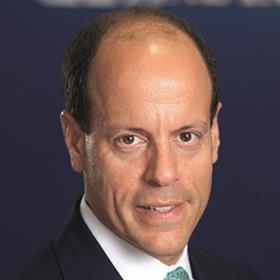
To many in the UK, this was the first manifestation of a financial crisis that had started to break out over the summer in the US. There, investors in two Bear Stearns sub-prime hedge funds had taken legal action against the company, alleging it had misled investors about its exposure to the funds.
A reported 61% drop in net profits, a write-down of $1.2bn in mortgage-related securities and Standard & Poor’s downgrading of the company’s credit rating were to follow. The impact of the much-talked-about ‘credit crunch’ continues to reverberate to this day with an economically polarised society and rising nationalism and disillusionment, which have led, so far, to Brexit and the election of Donald Trump.
To kickstart wrecked economies, western governments resorted to the tools of ultra-low interest rates and quantitative easing.
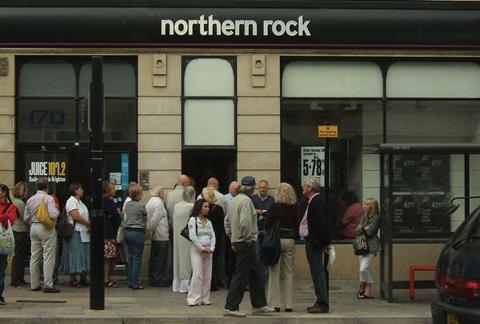
This unprecedented long period of monetary stimulus has led to our current world of low interest rates and investors turning to alternative assets in their hunt for decent returns, with property-based assets in particular being the alternative of choice.
At the height of the financial crisis, it would have been hard to imagine the popularity of European property among investors: values, both commercial and residential, initially plummeted and development dried up as symbolised by the abandoned housing estates in Spain and Ireland.
Those in property should need no reminding about the cyclical nature of our business
But those in property should need no reminding about the cyclical nature of our business: although the financial crisis presented a particularly testing time of instability in the cycle, it also provided opportunities for investors with banks deleveraging their loan books and disposing of distressed assets.
In key cities in the UK and much of Europe, the commercial property market is now in the early phase of the growth cycle, but with increasing political instability, will the economic turmoil of the past return?
With inflation expected to be benign and interest rates remaining low, up until about six months ago there was a pattern of capital around the world seeking out yielding property assets.
Yield is a particularly high priority for defined pension schemes with many paying out more than they receive in contributions. In the US, this has resulted in many schemes switching to an increasing proportion of cash-generating assets in their investment portfolio, such as fully let real estate, to make up for possible deficit and to reduce the risk of being forced to sell assets in a downturn to maintain cashflow.
Europe remains a good bet
Currently, there is growing concern among US investors that some prices of yielding property assets look high, especially given that they are based on rising rents that might not materialise amid the uncertainty over the impact of strained international relations under Trump and the US’s future economic performance.
Europe, which has traditionally been a popular target for US investors, remains a good bet and politically, despite Brexit, has recently looked more attractive. Emmanuel Macron becoming president of France and Angela Merkel’s victory in the German federal elections mean a degree of stability, while the OECD forecast of 1.75% growth in the EU economy in 2017 and 2018 is steady if not breathtaking.
The UK has also performed well, with Asian investors taking advantage of currency fluctuations that have boosted their buying power by up to 16%. They have become the most active investors in the UK since the Brexit vote, according to JLL, completing a number of major deals such as the £1.3bn sale of the Walkie-Talkie building to a Hong Kong company, London’s largest-ever real estate transaction.
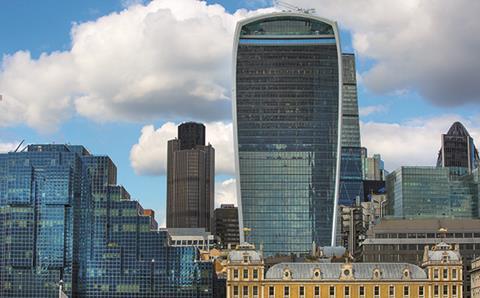
But there are risks. The UK has a hung parliament and with Jeremy Corbyn’s growing popularity, there is a risk to the economy of a government with little economic experience pushing a ‘confiscatory’ agenda.
There is also the effect of Brexit itself, whoever is in power. Then there are the global risks, the Chinese debt mountain and the trade war, recently exemplified by Trump’s threat of tariffs on German car exports.
However, there are opportunities for those who have the experience, creativity and local knowledge to exploit them.
























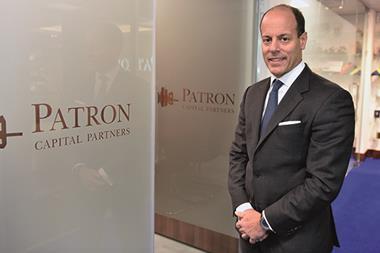

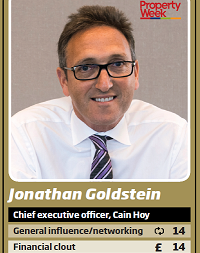
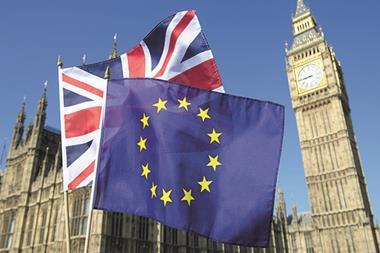

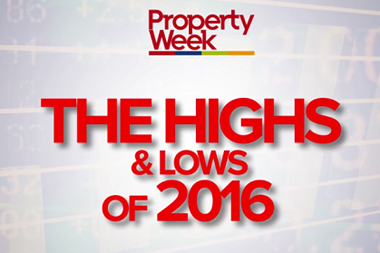
No comments yet